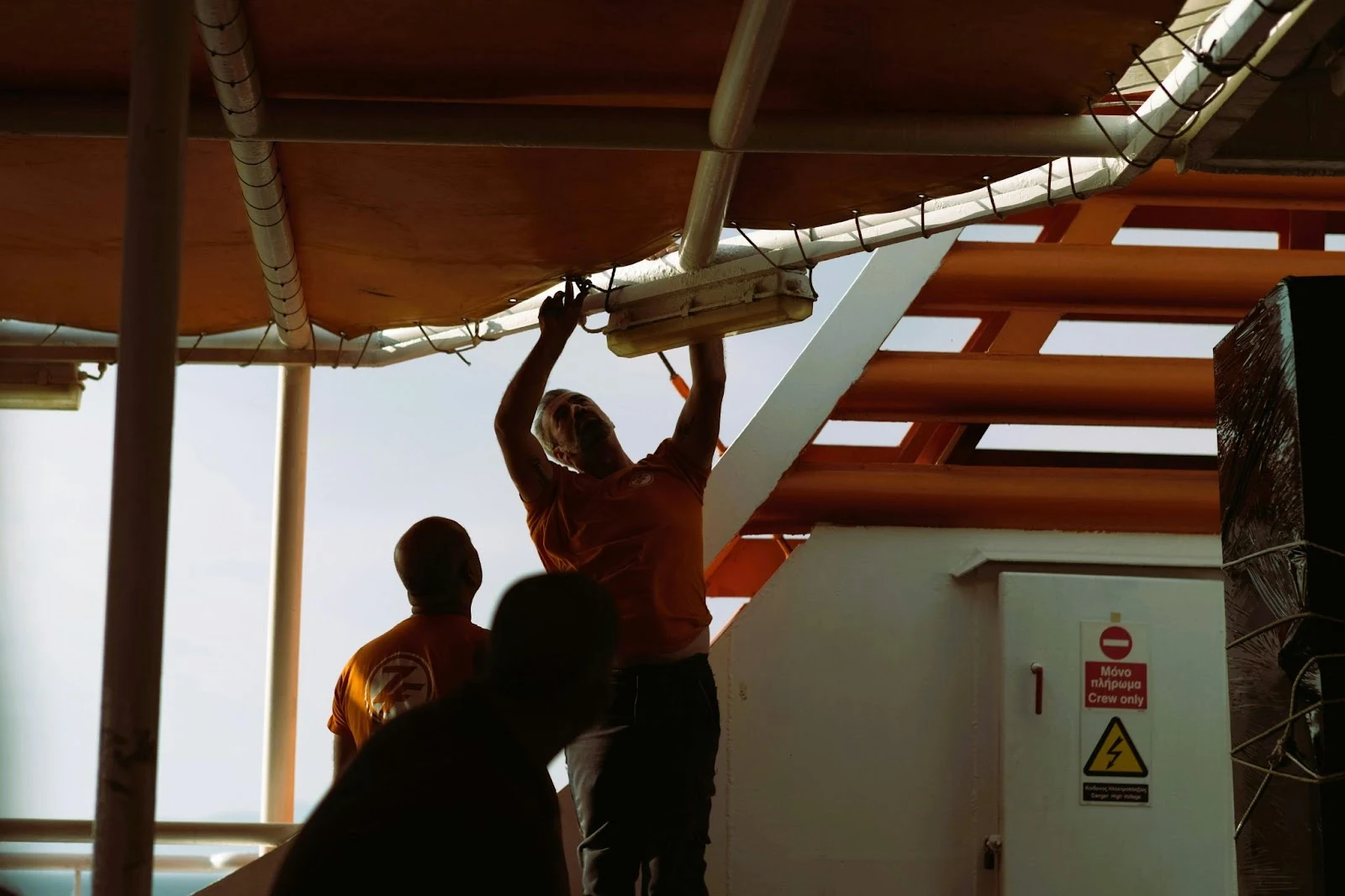Unexpected home disasters can hit at any time – natural disasters like storms and floods or everyday emergencies like plumbing or electrical issues. While these can be overwhelming, knowing how to handle them can make all the difference in keeping you safe and minimizing damage. Stay calm and have a plan in place and you’ll get through these crises just fine. Here’s what to do when faced with unexpected home disasters.
1) Assess the Situation:
The first step in any home disaster is to assess the situation calmly. Take a moment to gather your thoughts and work out what’s happened. Is there a leak? Is the power out? Is there a fire? Knowing what’s going on will help you know what to do next.
Get everyone in the home to safety if you need to. In emergencies involving fire, smoke, or gas leaks, get out and call for help. Stay calm, panicking will cloud your judgment and hinder your decision-making.
2) Call the Right People:
Once you’ve assessed the situation and everyone is safe, it’s time to call in the services. Depending on the disaster, this may be emergency services, a plumber, or an electrician. For heating and cooling issues especially during extreme weather, it’s crucial to call Heating and Cooling Services to get your home back to comfort. If your home has been severely damaged, document the situation with photos for insurance purposes later. Quick and accurate reporting will help the professionals get to you faster.

3) Take Action:
While waiting for help to arrive, take action to reduce damage and increase safety. For example, if you have water damage from a leak, turn off the water supply to stop further flooding. If a storm is approaching, secure windows and doors and move outdoor furniture inside.
Use a torch instead of candles if the power goes out to reduce the risk of fire. By taking these actions you can reduce the risks and protect your property while help is on the way.
4) Communicate with Family Members:
In a crisis clear communication is key. Make sure everyone in your household knows what’s going on and what to do. If you have kids, reassure them and explain what you’re doing to fix the issue. Tell them to stay calm and patient.
Keeping the lines of communication open will reduce anxiety and create a sense of teamwork as everyone works together to get through the crisis. If necessary, designate an outside meeting point in case you need to evacuate.
5) Post-Crisis Plan:
Once the crisis has passed, develop a post-crisis plan. Assess the damage and prioritize repairs by urgency and impact. Make a list of tasks to be done and call in professionals where needed. Review your home insurance policy to see what’s covered and lodge a claim for any damage.
Also, consider creating or updating your emergency preparedness plan. Being proactive and prepared will reduce stress and make you better equipped to handle any unexpected disasters that may come your way.
In conclusion, stay calm and follow these steps and you’ll be able to get through any home disaster and keep yourself and your family safe. Being prepared and level-headed will turn a crisis into a situation.

Jessi is the creative mind behind The Coffee Mom, a popular blog that combines parenting advice, travel tips, and a love for all things Disney. As a trusted Disney influencer and passionate storyteller, Jessi’s authentic insights and relatable content resonate with readers worldwide.
